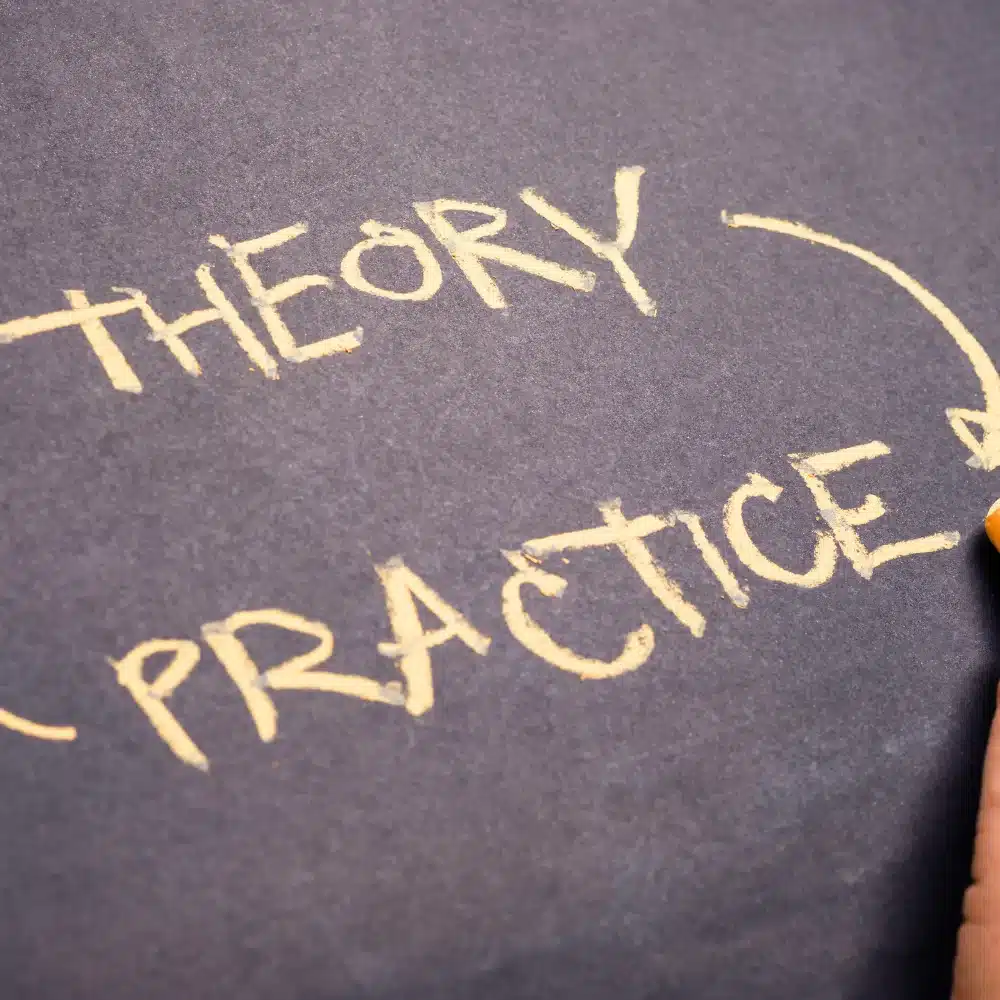Music is more than just notes and rhythms; it’s a language with a rich history and fascinating structure. Learning music theory and understanding the history behind it can deepen your connection to the music you play or sing, giving you new insights and abilities. Whether you’re a beginner or experienced musician, here’s a dive into some fundamental elements of music theory, historical context, and core concepts that will enhance your understanding and bring more meaning to your musical journey.

1. Understanding Scales and Key Signatures
Scales are the building blocks of melodies, chords, and harmonies. Familiarizing yourself with major and minor scales, as well as key signatures, will help you identify and create more complex harmonies. Knowing the key of a piece allows you to anticipate the chord progressions and understand the mood it’s designed to convey. Start by learning basic major and minor scales and gradually move into modes like Dorian, Phrygian, and Mixolydian, each with its own unique feel and sound.
2. The Power of Harmony and Chord Progressions
Harmony adds depth and color to music, and understanding chord structures will make you a better player, singer, or composer. Dive into common chord progressions, such as the I-IV-V progression in major keys or the ii-V-I progression in jazz. Experimenting with harmonies allows you to add layers and emotional intensity to your performances. Practice identifying chords by ear and experiment with creating your own progressions to get a feel for how harmony shapes a piece.
3. Rhythm and Time Signatures
Rhythm is the heartbeat of music. From 4/4 to 6/8, each time signature gives music its own unique flow and pace. Beyond the basics, try exploring more unusual time signatures like 5/4 or 7/8, often found in jazz and progressive music, to expand your rhythmic abilities. A strong understanding of rhythm will make you a more versatile musician and improve your timing and expression in both performance and practice.
4. A Glimpse into Music History – The Evolution of Styles
Every genre and style of music has its own history, influenced by cultural, social, and technological factors. Learning about the historical development of genres, from classical to jazz to rock, will give you a deeper appreciation for the music you play or listen to. For example, the blues gave rise to jazz and rock, while Baroque music influenced classical composition techniques. Exploring music history connects you to the roots of your favorite genres and helps you see how they’ve evolved over time.
5. The Language of Notation – Reading and Writing Music
Being able to read sheet music opens up endless possibilities, allowing you to interpret and perform a wide range of pieces. Music notation includes notes, rests, dynamics, and articulations, each conveying specific information on how a piece should be played. For those new to notation, start with reading simple melodies and gradually incorporate more complex pieces. This skill is essential for anyone looking to collaborate with other musicians, understand compositions deeply, or write their own music.
6. Exploring Musical Form and Structure
Understanding musical form gives you insights into how pieces are structured and organized. Common forms include binary (AB), ternary (ABA), and sonata form, often used in classical music. Recognizing these patterns in songs and compositions allows you to see the bigger picture, making it easier to learn, interpret, or create your own music. Studying form helps you appreciate how different parts of a piece connect and build upon each other, adding layers of meaning and engagement.
Final Thoughts
Music theory, history, and concepts provide you with the tools to go beyond just playing or singing; they allow you to understand music on a deeper level. As you study these elements, you’ll find new ways to express yourself, connect with other musicians, and create unique, meaningful pieces. Embrace this knowledge, and let it enrich every note you play or sing—because the more you know about music, the more powerful it becomes.



